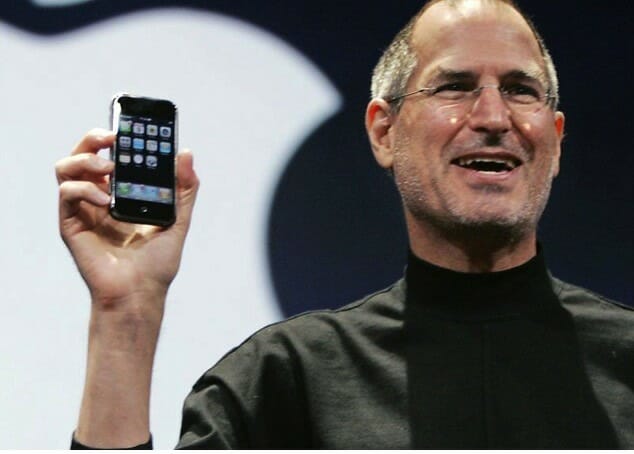When Steve Jobs, founder and CEO of Apple, passed away in October 2011 after a long battle with pancreatic cancer, the technology industry took the opportunity to reflect on the man and his company’s considerable contribution.
Apple’s most obvious impact has been in the consumer market. Having launched one of the very first commercial PCs, Apple was something of an also-ran during Microsoft’s hey day. But after Jobs returned as CEO in 1997, following a ten-year hiatus, he oversaw the reinvention of the Macintosh as a pleasingly designed object of desire.
The real disruption began with the launch of the iPod MP3 music player in 2001. Combined with Apple’s iTunes service, this proved that digital music could be commercially viable. Then came the iPhone and, in 2010, the iPad, which supercharged the smartphone and tablet PC markets respectively.
These products have certainly revolutionised the consumer electronics market, but they have also had a palpable impact on enterprise IT.
Most obviously, IT managers have Jobs to thank for their executives demanding support for Apple-made devices. Indeed, the oft-discussed ‘consumerisation’ of IT might as well be described as its ‘Apple-ification’.
Perhaps more importantly, though, Jobs’ success in the 2000s was a vindication of his philosophy of information technology ecosystems, a philosophy that may have salience for the enterprise.
The success of Microsoft Windows in the 1990s derived in part from its support for standard hardware, and the fact that anyone could develop an application for it. Apple’s consumer devices take the opposite approach – they only run Apple software and Apple reserves strict control over applications and content.
The finessed design of Apple’s products, and therefore their popularity, is arguably a direct result of this control. One might surmise, then, that tightly integrating software and hardware, and governing applications and content with an iron rod, are the key to delivering well-engineered, usable systems.
Ironically, for enterprise IT departments, one of the biggest barriers to achieving this is the popularity of Apple’s consumer products.
Justin Rattner, chief technology officer of chipmaker Intel, says Jobs’ success raised expectations placed on internal IT departments
Steve’s fanatical attention to detail was all directed at creating a quality of experience in every aspect of the product. Thanks to him, technology is at a point where people just won’t tolerate a poor experience. That’s bringing enormous pressure on the IT organisation to deliver a similar quality of experience.
R ‘Ray’ Wang, principal analyst and CEO of Constellation Research, argues that Jobs’ approach to technology ecosystems can be applied to enterprise IT
Steve Jobs proved that open ecosystems do not succeed. His false openness approach allowed them to open up the ecosystem enough to create value for all parties, but kept it closed enough to innovate quickly. Organisations can learn a lot from him in building this for the enterprise.










